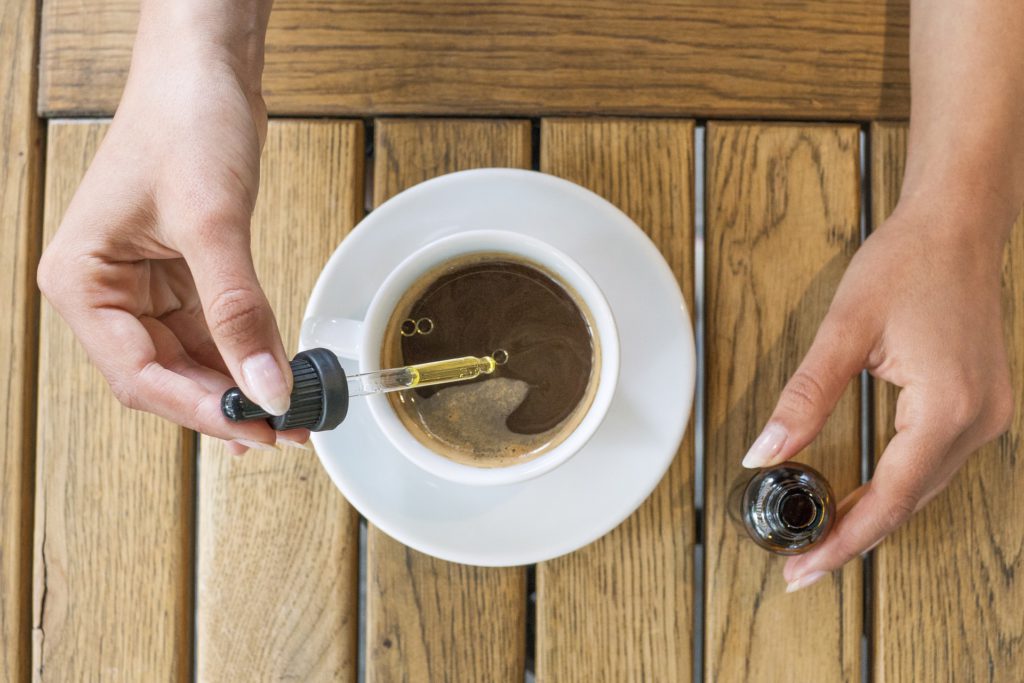“Motivation which comes from within lasts forever,” have you ever come across this phrase? Let me tell you the truth behind it – it works for real! And it has for many out there. We have seen many drug and alcohol abuse cases where patients genuinely want to quit their dreadful habits or make them less frequent, but they fail miserably. The main reason behind this failure is their deep-rooted loss of self-confidence and misguided attempts at therapy.
But as you know, where there is a will, there is a way, and one needs to believe in oneself and put the efforts in the right direction.

Source .
Any idea about motivational interviewing (MI) and motivational enhancement therapy (MET)? They are well-structured programs that help induce behavioral changes and provide motivation. While motivational interviewing has a broader therapeutic use, motivational enhancement therapy focuses more on a result-oriented approach combining the therapeutic style of MI.

What is Motivational Interviewing (MI)?
In motivational interviewing (MI), therapists employ several strategies to help patients discover and cure their hesitancy or doubts about seeking help for their drug and alcohol addiction issues.
MI uses a person-centric and directive counseling method and stresses the use of traditional counseling skills to help patients conclude independently. It was initially designed by William R. Miller, a clinical psychologist, as a counseling method for people struggling with substance abuse disorder. However, now MI is used in a much broader context and applied to treat asthma, chronic heart conditions, etc.
MI acts better on ambivalent and prejudiced patients who are reluctant to the change, and the MI therapists focus on being empathetic rather than judging and suggesting the change. The MI will only start for those who sign up or request it. A therapist can never force a patient into a MI.
If you plan to go for a MI, you should know what exactly happens in one. First, the therapists will try to evoke your underlying strength and motivate you to tide over the ongoing psychological storm inside you. In the process, they will identify the reasons controlling your reluctance to change.
A typical MI program involves 1-4 sessions, each lengthening about 1 hour at max. According to Rollnick and Miller, motivational interviewing activates the potential for bringing out the hidden strength from the inside and is effective for many.
Some basic features of MI are
- The patients have everything they need, from noble motive to resolution, lying somewhere inside them. All one needs to do is evoke the feeling to initiate and continue the fight against drug/alcohol abuse.
- A patient and a therapist share a symbiotic relationship where both the Patient and therapist contribute equally.
- Traditional therapeutic techniques such as confrontation, arguments, and advising don’t work in MI and may affect the patient-therapist relationship negatively.
Let’s discuss Motivational Enhancement Therapy
Motivational Enhancement Therapy (MET) uses MI in a clinical style and comes with a personalized assessment, suggestions, and well-sorted plans.
MI entirely depends on the Patient’s internal motivation. So it prevents therapists from advising people until they willingly ask for help. In contrast, MET combines MI techniques with individual assessment for achieving better results. We can use motivational enhancement therapy to effectively treat drug & alcohol abuse patients running on low motivation.
In MET, the initial task is developing the ambivalence in less-interested patients. Once the ambivalence is created, therapists can work upon the treatment and stopping the substance abuse.
The method works and produces immediate effects by influencing a change internally. It doesn’t involve guiding the patients through a slow and steady recovery process. MET generally consists of four treatment sessions and an initial battery session, wherein the therapist gets to know about the Patient. The opening sessions focus on evaluating and strengthening the Patient’s internal motivation and formulating a plan for the future. At the same time, the successive sessions review change with a positive attitude for continuing to remain sober.

MET therapists work on five basic motivational principles described by Miller and Rollnick (1991).
- Be Empathetic: Either it is MI or MET, empathy is a must-have criterion for the therapists. Being empathetic helps patients open up more quickly, and they can talk about the cause and reasons for their substance abuse without being judged.
- No argumentation: A MET therapist should not attack the patients for their past behavior as it can stop them from opening up and result in defensiveness. They should offer clinically backed data that can help patients to set a goal.
- Go with the resistance: To avoid argumentation and further resistance from the Patient, MET therapists are advised to go with the Momentum. Instead of imposing ideas, therapists should aim to change the Patient’s perceptions in the process.
- Developing discrepancy: Instead of fixing any ideas in the Patient’s mind, try to evoke the same from their behavior by quoting available scientific research; this can help recognize the reason which restricts the Patient from achieving the goal.
- Support Self-efficacy: Be a supporting pillar to your Patient in their journey of increasing confidence. Make patients aware of their underlying psychological power to take the required action and stick to it.
Before summarizing, let’s look at the differences between motivational interviewing (MI) and motivational enhancement therapy (MET).
| Motivational Interviewing | Motivational Enhancement Therapy |
| MI works better on patients who are reluctant and defensive about their addiction but want to change. | MET uses techniques of MI combined with personalized assessment and feedback and works better with less interested patients. |
| In MI, Therapists are not allowed to give suggestions to patients without their Permission. | MET therapists employ a more direct way of suggesting what’s better for the patient, backed by clinically available data. |
| MI uses traditional counseling skills such as listening, summarising, and paraphrasing to show acceptance. | In MET, clinically relevant assessment data is summarised and put in front of the patient following the MI approach. |
Conclusion:
As already mentioned in the beginning, both MI and MET are well-developed counseling approaches. These approaches are specially designed for inducing a behavioral change in patients struggling with substance abuse. Research on MET points to that its effect depends upon factors such as type of drug/substance abuse and the goal of the therapy. Similarly, 9 out of 11 studies have found MI is more effective than no treatment, prolonged treatment. The reviewers somewhat dismiss the results of the remaining two studies based on facts like poorly trained therapists and standard protocol of therapy wasn’t followed (Noonan and Moyers, 1997).













